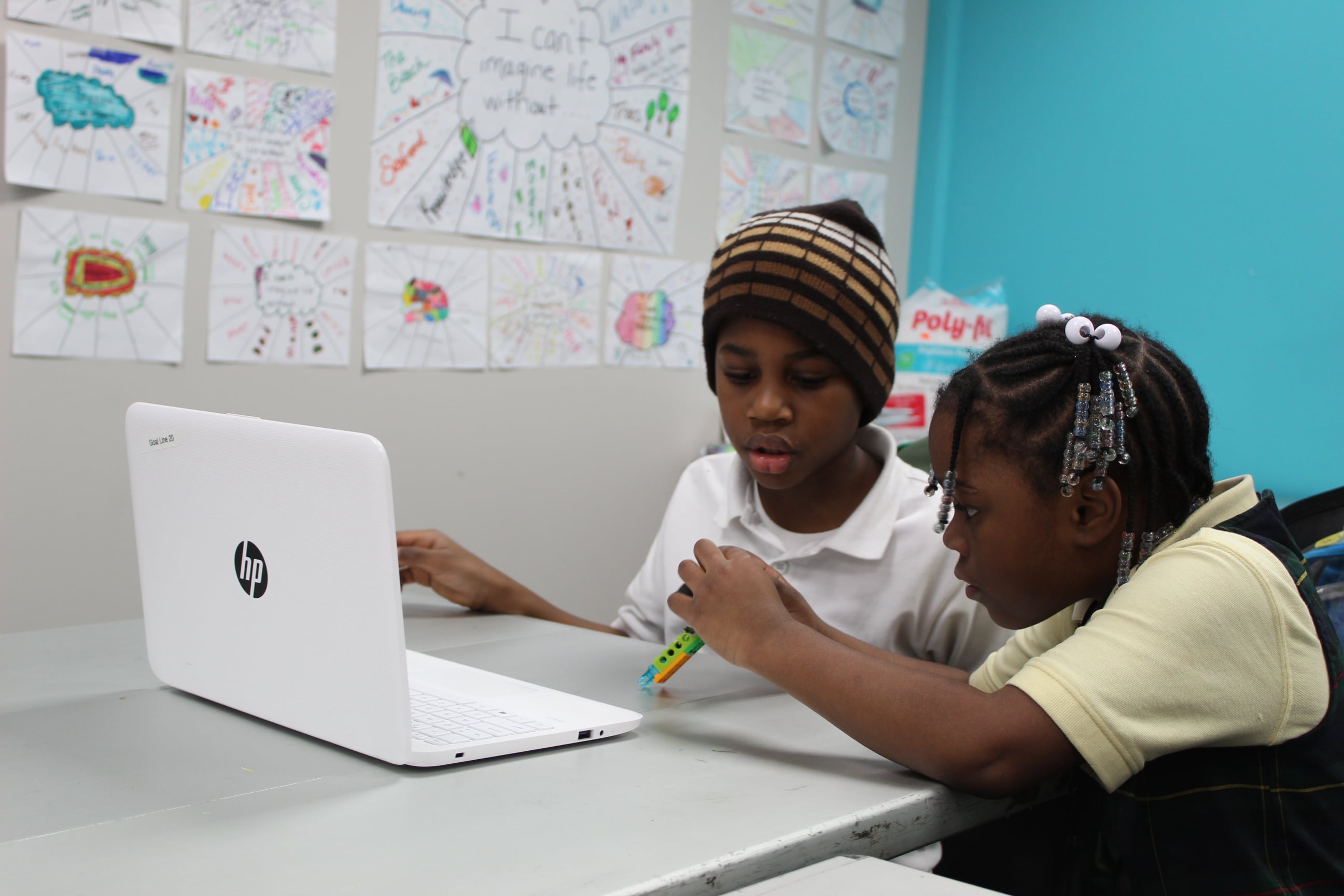Gov. Gretchen Whitmer’s education budget proposal includes $103 million in new funding for Detroit education programs, signaling a commitment from state government to invest directly in the city’s education future as Democrats take control in Lansing.
Whitmer is proposing a $1.5 billion increase in state school funding, or 9%, including a 5% increase in per pupil spending that would reach every school in the state. Her budget taps an estimated $4 billion school aid surplus to fund a wide range of new programs.
While Detroit isn’t the only local beneficiary of the proposal — schools in isolated rural areas, for instance, would get extra funding — the city stands out as a big potential winner if Whitmer’s proposal becomes law.
That’s welcome news for a city and school system working to recover from generations of declining enrollment and disinvestment.
The governor’s proposal includes “the kind of investments Detroiters have long championed,” said Angelique Power, president of the Skillman Foundation, in a statement. “This is parents’ and educators’ voices being heard.”
Skillman is a Chalkbeat funder. Click here for a list of our supporters.
The Detroit Public Schools Community District would get $94.4 million to support literacy programs. The GOAL Line, a local after-school and student transportation program, would get a one-time $6 million investment, and the Detroit Parent Network, a nonprofit, would get $3 million to help with outreach about literacy programs.
That’s in addition to proposed funding for tutoring and mental health programs, which will benefit students statewide but are particularly needed in Detroit, given the high rate of COVID deaths and widespread virtual learning.
Whitmer proposed the DPSCD literacy programs as part of a settlement in the 2016 “right to read” lawsuit against the state, in which a group of DPSCD students charged that the state violated their constitutional right to a basic education by failing to teach them to read. Whitmer settled the case, agreeing to pay damages to the students and to propose $94.4 million for literacy programming in DPSCD every year as long as she was in office.
Republicans rejected that expenditure, but with Democrats in control of the state Legislature, there’s a stronger chance that it will happen this year.
“I’m all in for it,” said Helen Moore, an education activist who was a prominent public champion of the lawsuit. “The children are really behind, I think they’re worse off than (district officials) are reporting to the public … We need all the help we can get.”
If the district were to receive the settlement funding, according to DPSCD Superintendent Nikolai Vitti, officials would consider allocating the money toward hiring more academic interventionists for small group and one-on-one sessions, continuing literacy intervention for high school students and for teacher recruitment and retention.
To help with outreach for the new literacy programs, Whitmer is asking lawmakers to send $3 million to the Detroit Parent Network, a nonprofit that helps parents get involved in their children’s education.
The GOAL Line, which launched in 2018, serves children at 11 schools in northwest Detroit. The program is funded by the city, local foundations, and participating schools with the goal of helping working families.
Under Whitmer’s proposal, the GOAL Line would get $6 million in one-time federal COVID aid to supplement its $2.5 million annual budget and help expand its operations.
The GOAL Line currently serves 300 students, according to Adrian Monge, director of the Office of Early Learning for the City of Detroit. The Community Education Commission, which oversees GOAL Line operations, hopes to expand its services to as many as 525 students city-wide next year. The program currently transports students to Northwest Activities Center to participate in after-school activities. In the long term, Monge said, GOAL Line intends to open smaller sites across the city.
Koby Levin is a reporter for Chalkbeat Detroit covering K-12 schools and early childhood education. Contact Koby at klevin@chalkbeat.org.
Ethan Bakuli is a reporter for Chalkbeat Detroit covering Detroit Public Schools Community District. Contact Ethan at ebakuli@chalkbeat.org.






